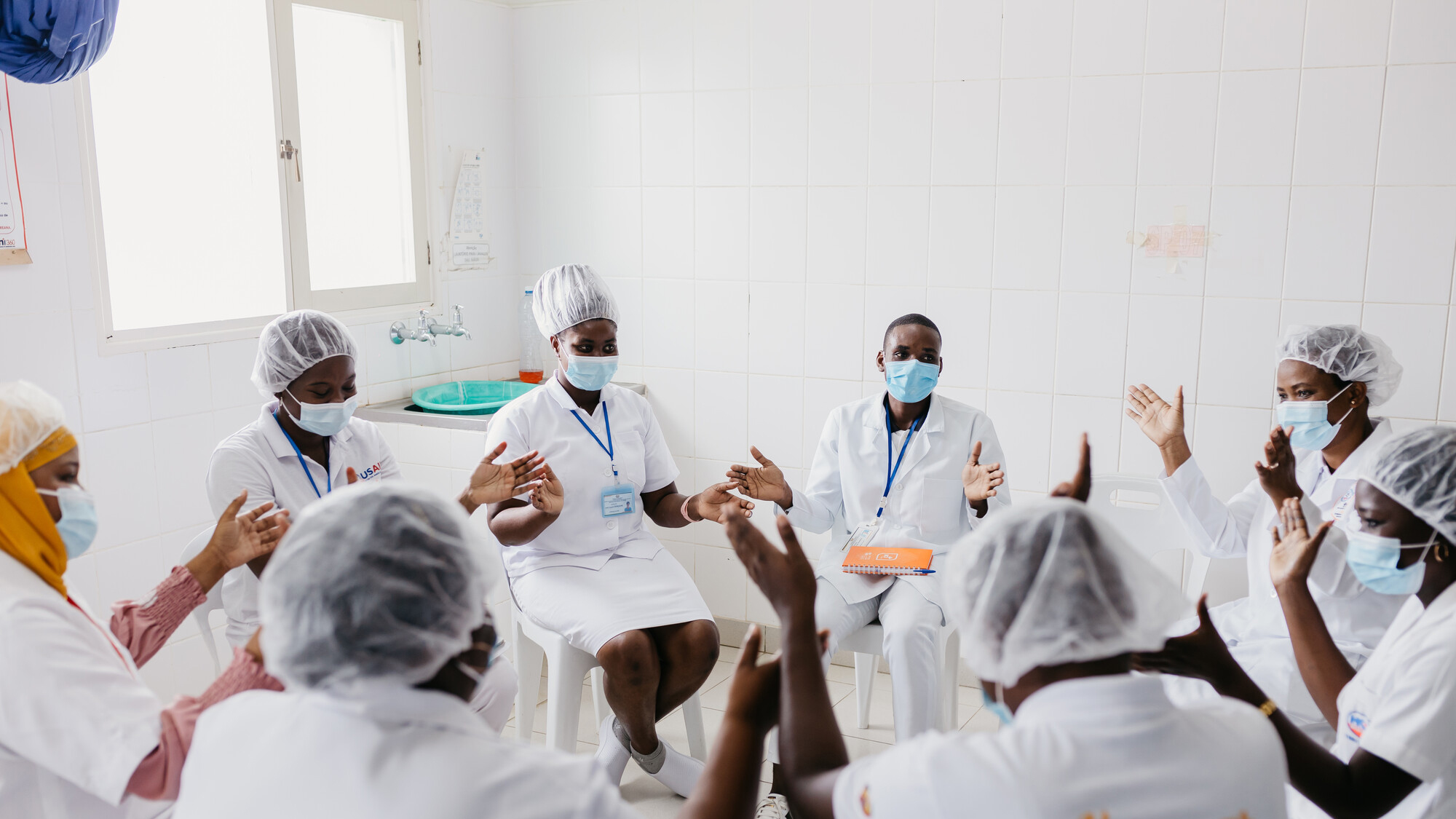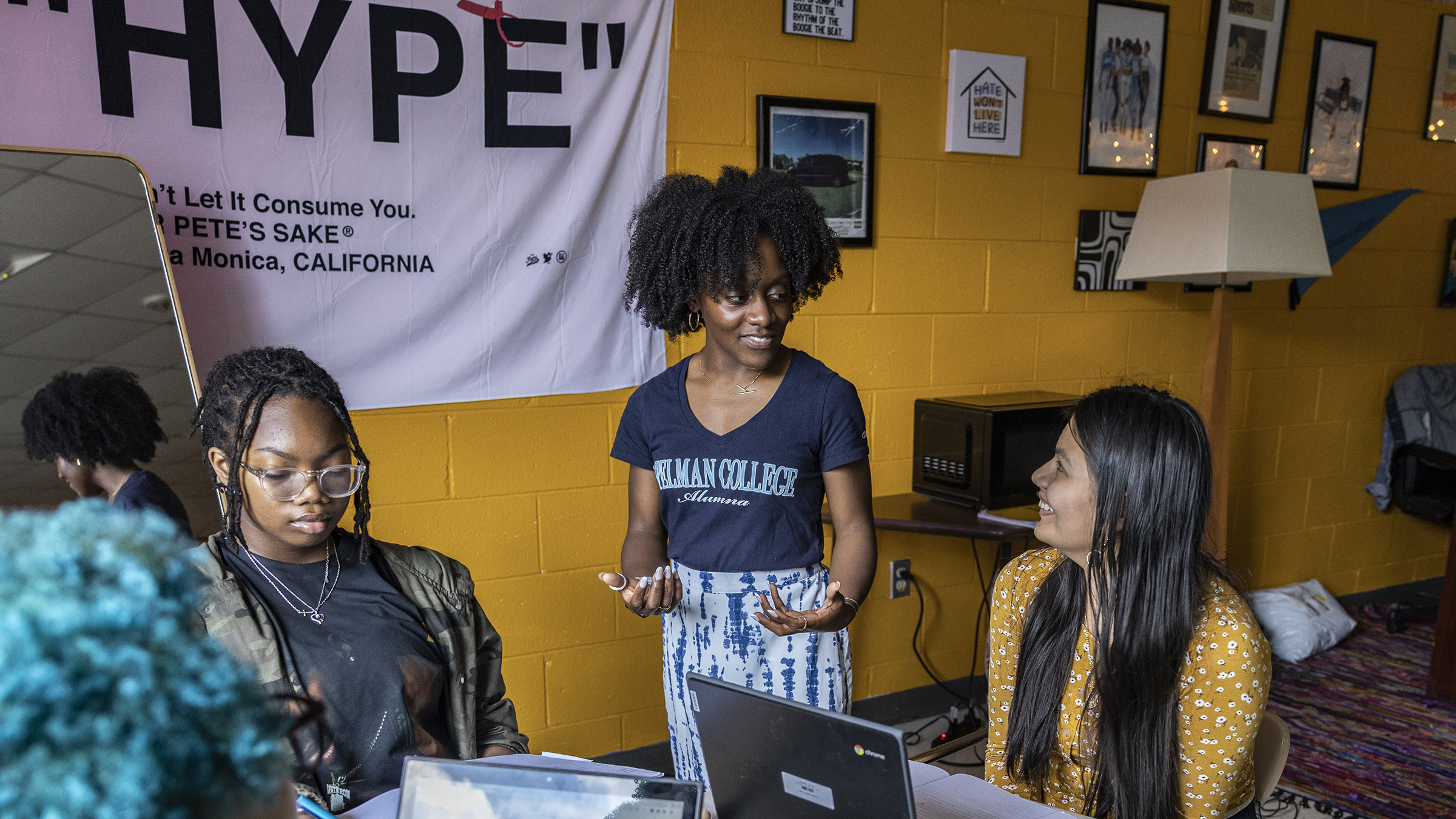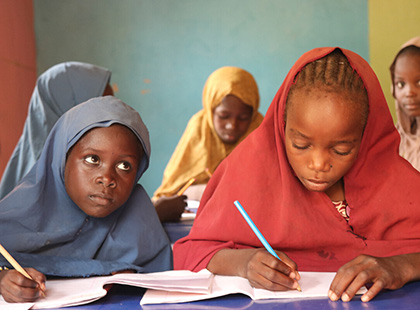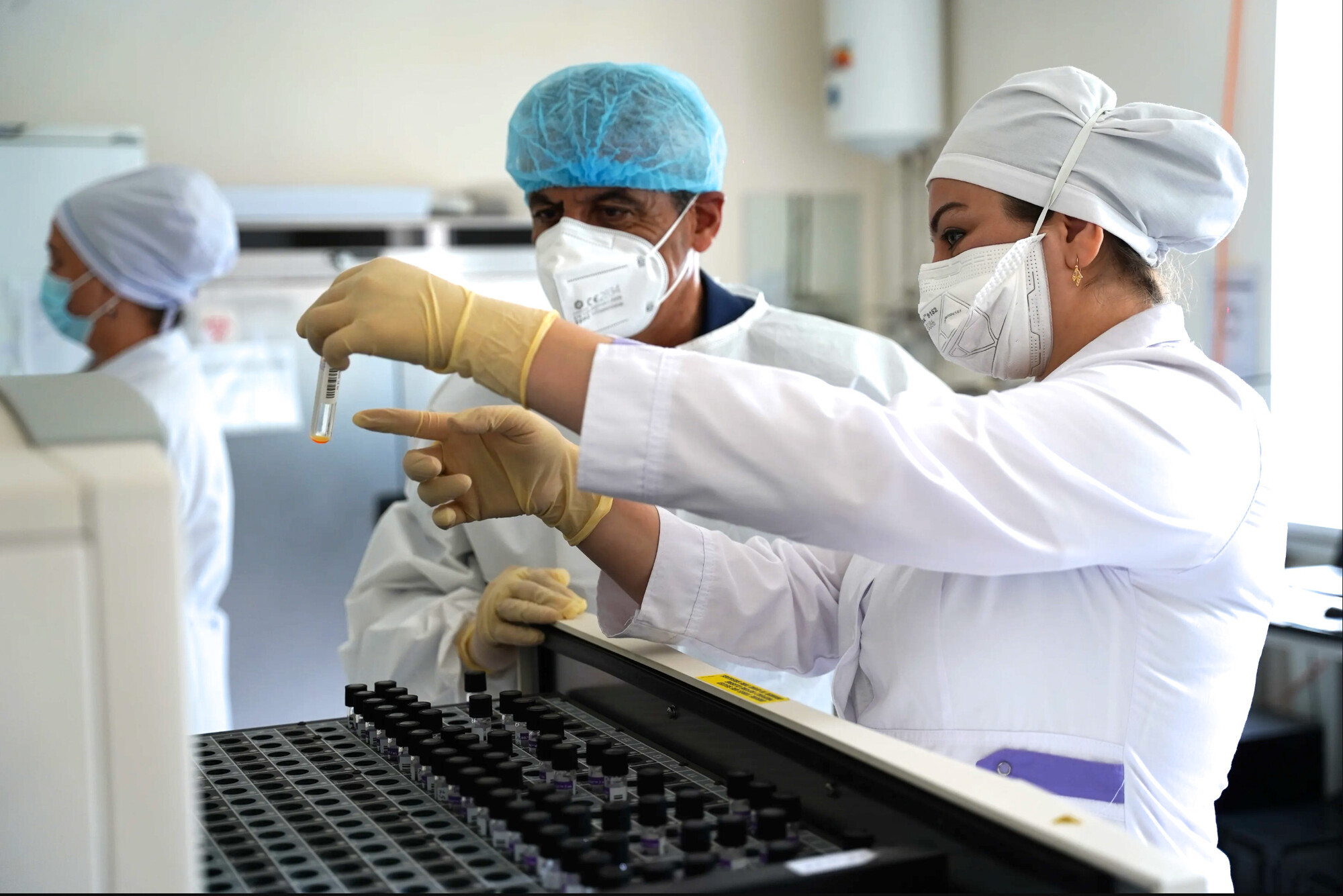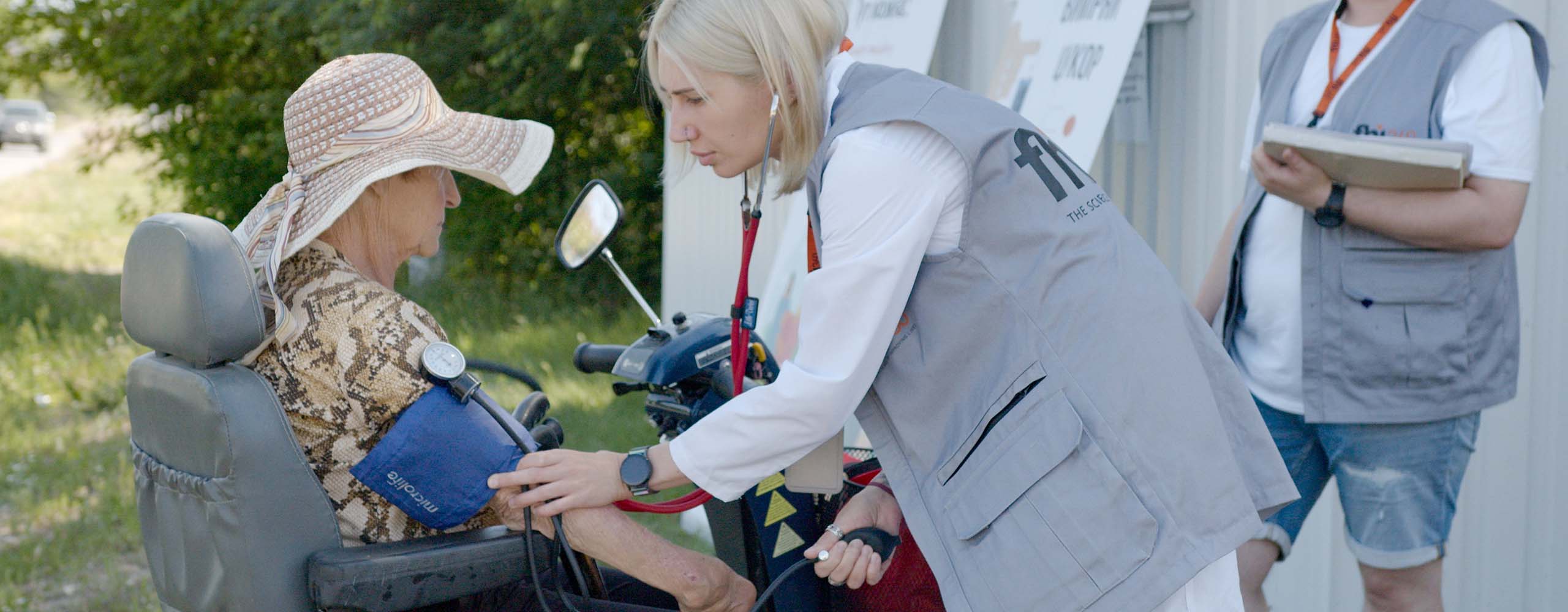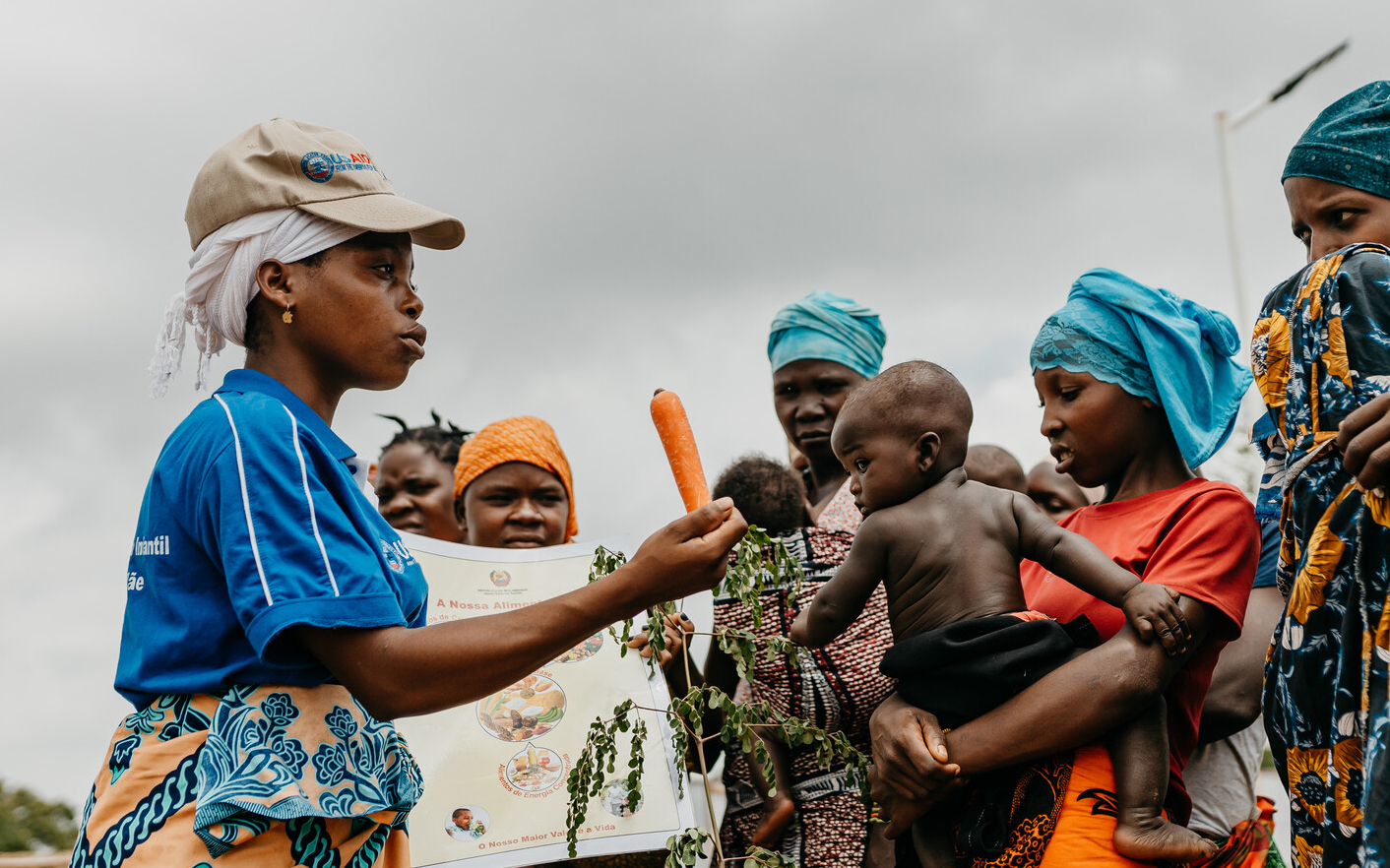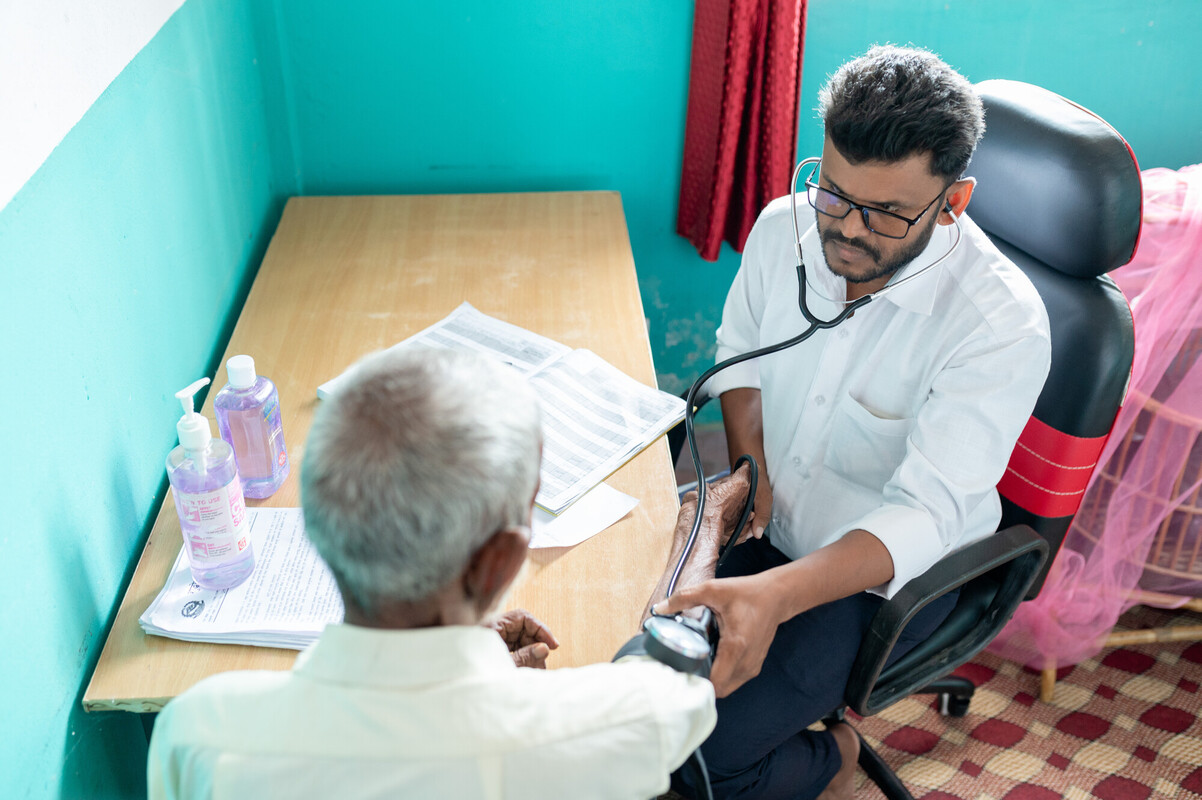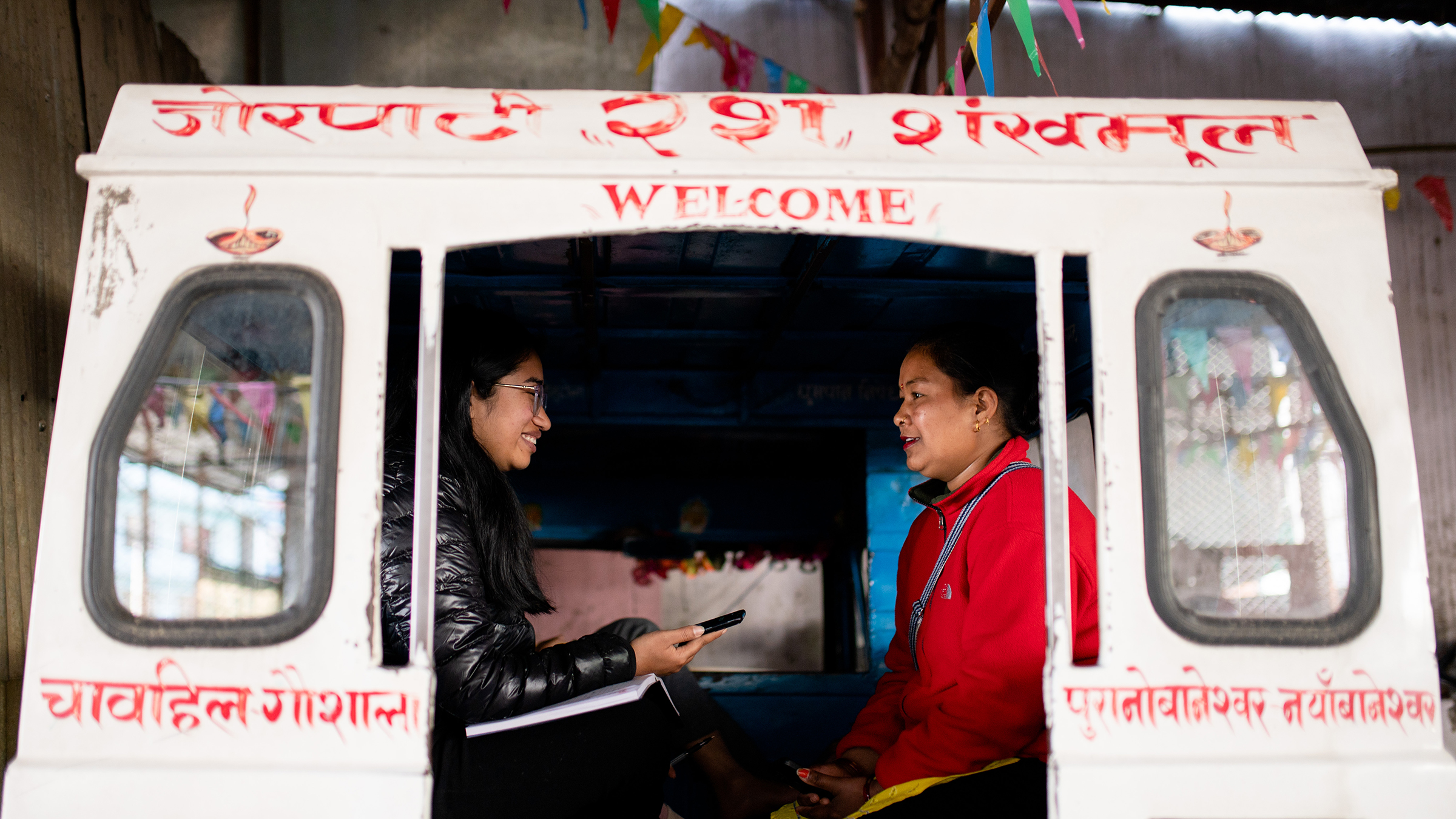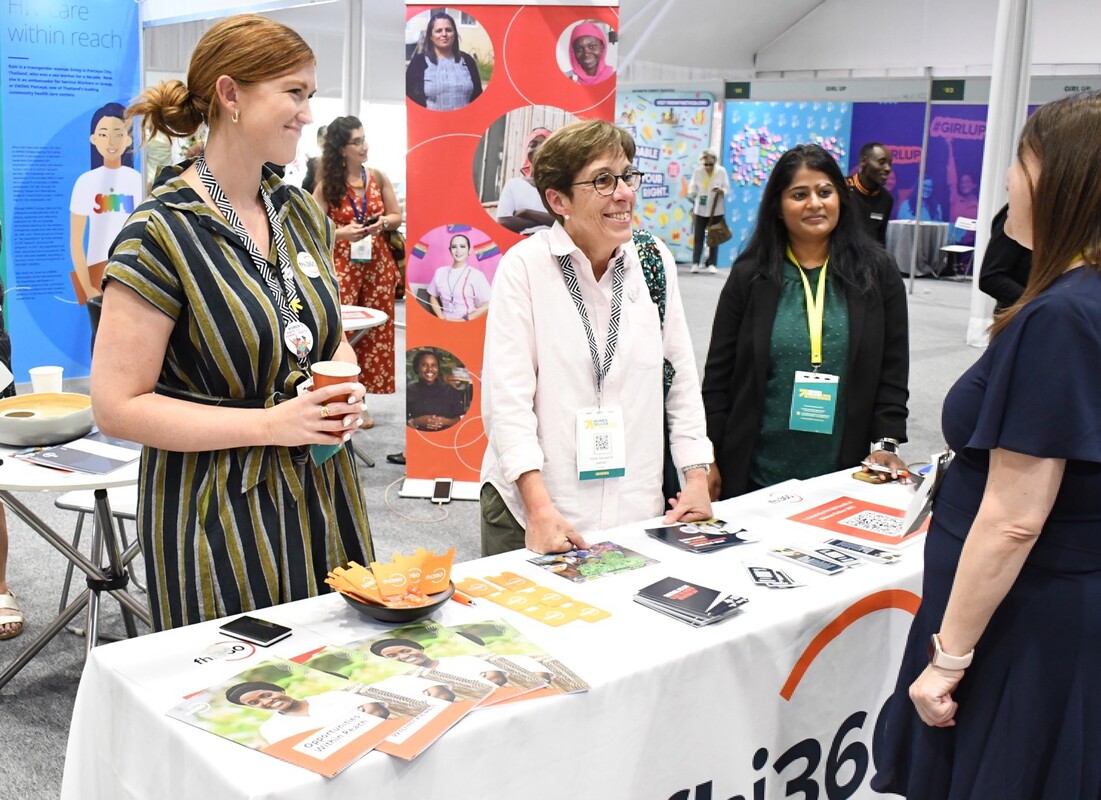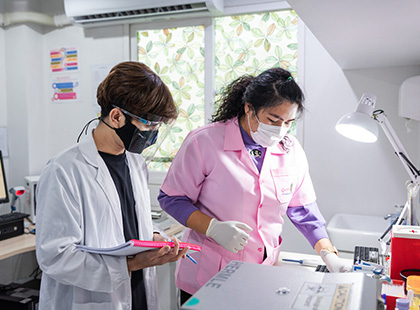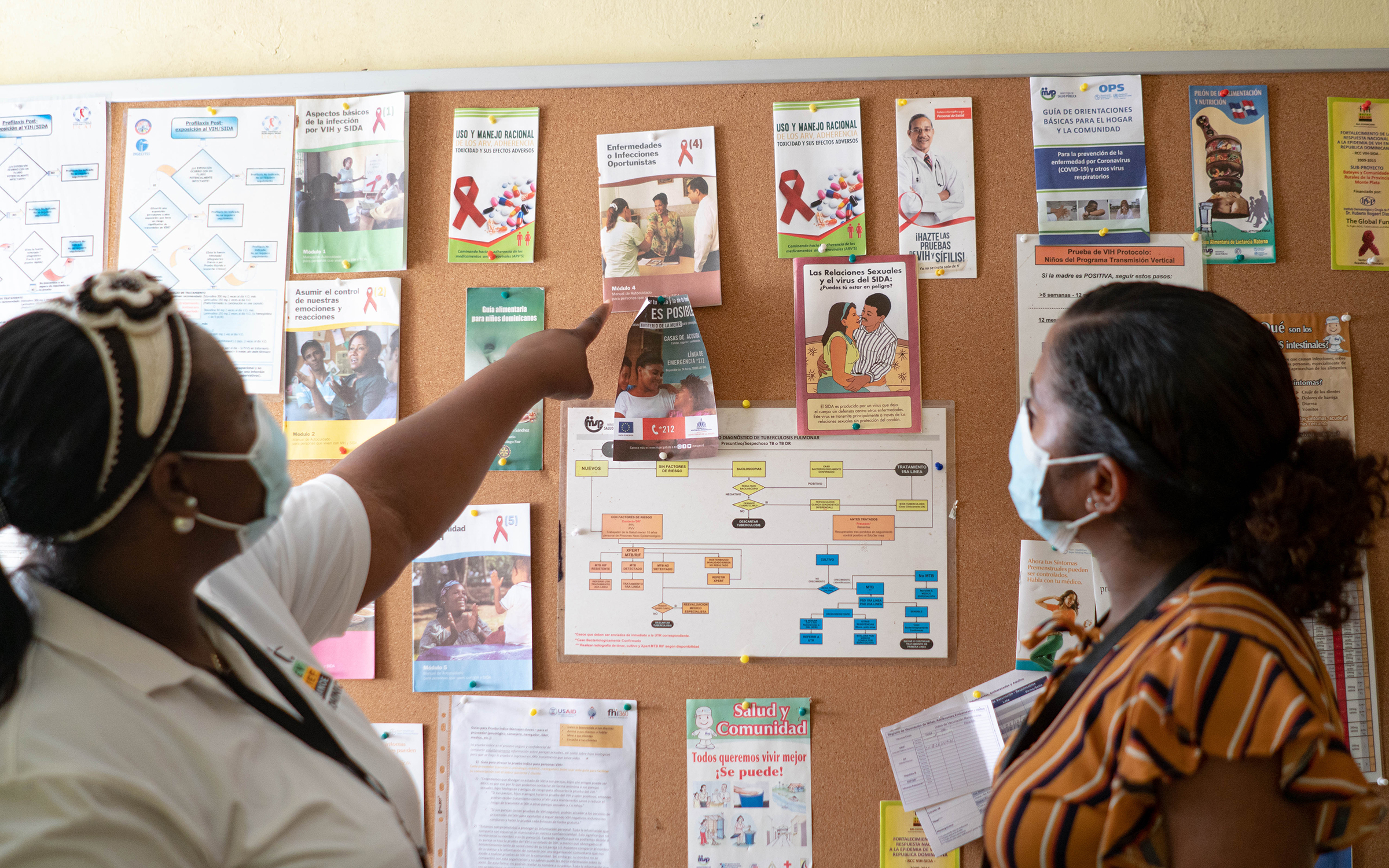Meeting the moment
The COVID-19 pandemic and the war in Ukraine are the latest manifestations of a seemingly unending succession of interconnected crises that imperil health, well-being and security. These crises have effectively wiped out many of the past decade’s gains in reducing extreme poverty, eradicating infectious diseases, and improving access to education and economic opportunity.
This uncertainty and instability further the already eroding cohesion within societies and fuel greater inequality. Almost everywhere FHI 360 works, our teams and partners are witnessing sharp upticks in displacement, impoverishment and competition for increasingly scarce resources.
To meet the moment, we must move beyond the 20th-century notions of development that shaped how funders and their partners work. We must place local leadership and local priorities first — and make locally led development and localization a reality so that positive change endures for generations to come.
FHI 360 believes that the challenges people face today — along with shifts in how development programs are conceptualized and delivered — demand that we reimagine how we invest our talent and assets and how we operate.

Our ambition for greater impact
Our 2023–25 strategy sets a course for change. It weaves our programs, research and advocacy into an impact framework, built on our strengths, that focuses on three big global challenges.
Eroding social cohesion and growing inequality
These pose an urgent global threat that weakens the cornerstones of stability, democracy, social protection and economic mobility. We will focus especially on the effects of these two forces on groups that are historically marginalized and stigmatized.
Growing global health threats
These threats — including emerging diseases, endemic and noncommunicable diseases, and mental health deterioration — increase vulnerability, strain health systems and stall progress across all health domains. We will focus especially on reducing these threats and mitigating their effect on well-being, livelihoods and economies.
Proliferating crises
Crises sparked by climate change and violent conflict threaten lives and well-being, undermine food and economic security, and cause mass displacement of people — all of which requires reimagined approaches to delivering sustainable impact in fragile and conflict-affected settings. We will focus especially on addressing the threats to individuals’ safety, health, education and dignity.

Reimagining our organization and operations
We will magnify our impact by centering and elevating local solutions and leadership; advocating for bold and necessary policy changes; and expanding our support for organizational measurement, innovation and learning. Responsibility reflects our commitments to our global team, society and the planet. And by enhancing our agility, we will strengthen our structure and processes for delivering impact while remaining financially strong and continuing to build our reputation and influence.
To help us achieve sustainable impact against these global challenges, we are investing in nine strategic change initiatives that advance our overarching organizational objectives of impact, responsibility and agility.
For greater impact
- Operationalize our principles of locally led development to reshape how we work and deliver value.
- Grow our advocacy capabilities, enhance our brand and invest in strengthening and supporting coalitions.
- Strengthen our evidence and learning systems to influence and shape thinking on global challenges and to continuously learn and adapt.
For greater responsibility
- As a global team, deliver on our commitments to diversity, equity and inclusion.
- Nurture a positive culture by enhancing people-centered management skills fit for hybrid work environments and by improving communications, transparency and accountability at all levels of the organization.
- Initiate carbon reduction toward net zero by completing carbon audits globally and by launching a carbon-reduction strategy with metrics to measure progress.
For greater agility
- Enable FHI 360 to work more efficiently across different funder markets and manage mixed-funder portfolios by transitioning key subsidiaries into FHI 360 and creating more flexibility to meet different funder and donor rules.
- Optimize organizational structures and processes to enhance efficiency, align accountability and place decision-making authority closer to where the work is being done.
- Unify FHI 360’s global identity through a shared organizational culture and a clear and inspiring vision.

Our foundation: Locally led development
We know that to have lasting impact, we must advance local leadership, local knowledge and local priorities. For this reason, we embrace our six principles of locally led development as the foundation for how we work. They will guide our transformation — from how we recruit and advance our staff to how we engage with our partners in community organizations, government and the private sector.
 Staff
Staff
We delegate technical and managerial decision-making to the location of work and grow staff careers nationally, regionally and internationally.
 Diversity
Diversity
We recruit staff, seek partnerships and engage stakeholders to represent the diversity within the countries and communities we serve, paying particular attention to behavioral and structural power dynamics and inclusion of marginalized groups and identities.
 Organizational development
Organizational development
Understanding that all organizations and institutions, regardless of location, size and experience, require ongoing capacity strengthening and organizational development, we assist organizations to be effective and sustainable to achieve their objectives.
 Program life cycle
Program life cycle
We collaborate with and consult local stakeholders at all stages of the proposal and program life cycles, including for measurement of performance and outcomes.
 Knowledge
Knowledge
We inform research, programs and advocacy with ideas, knowledge and evidence from the appropriate local, regional and international sources, acknowledging that global forces often affect local challenges.
 Whole-of-society approaches
Whole-of-society approaches
We prioritize whole-of-society approaches that incorporate governments, nongovernmental organizations and civil society, the private sector, and communities to achieve locally sustainable outcomes.

Working shoulder to shoulder with our partners around the world, FHI 360 strives to create a future of opportunity for all people.
This strategy represents transformational change that over time will enable us to mobilize research, resources and relationships with greater speed and efficiency so that communities can effectively respond to crises and challenges and build the foundation for enduring impact.
This is our aspiration for the future — a future where positive change endures and access to opportunity is within reach for everyone.

